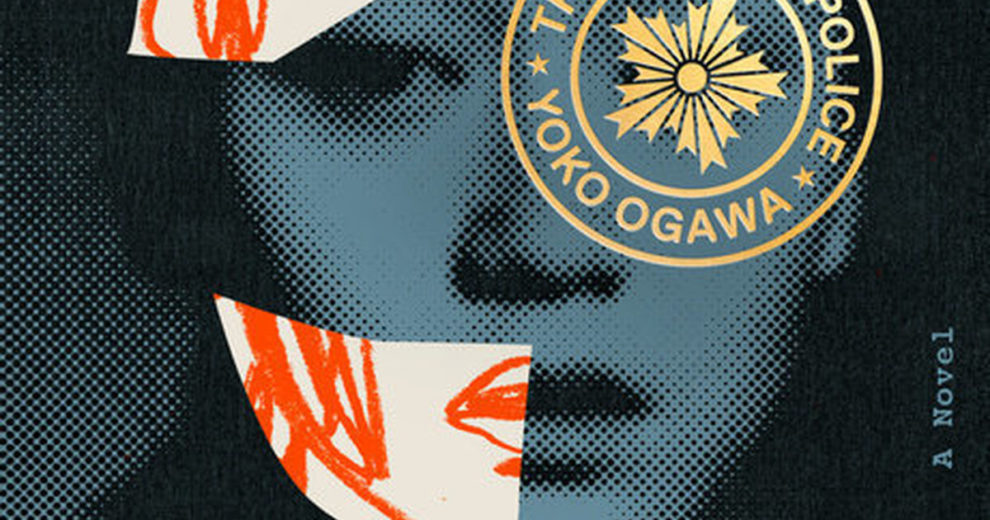Told through an unnamed novelist, “The Memory Police” tells the tragic tale of an island at the whim of memory loss. Once a bustling society, the random disappearance of memories forces the inhabitants to discard any effigies to the things lost, ranging from flowers, hats and birds. This ritual also acts to enforce their own inability to recall the use of such items. Enforcing these changes is the mysterious organization known as the “memory police”, who hunt down and imprison the few inhabitants that seem to be immune. When the novelist's editor, known simply as R, confesses he has his memory intact, the author and her friend begin the process of putting him into hiding. Unfortunately, the severity and increasing of missing items in society makes the task extremely difficult.
Buy This Title
Ogawa's “Memory Police” is a difficult novel to pin down, with many outlets attributing it to the genre of sci-fi or dystopian. However, there are certain elements that feel entirely grounded to reality, while the actual elements of the dystopian archetype exist more as a metaphorical approach to a common human condition. Arguably, the concept of exponential growth of memory loss geared towards entropy reflects the process of such problems as Alzheimers'. A sentiment which is likely to be picked up by the reader within the first chapter.
However, despite Ogawa showing her hand early in her novel, this does not depreciate the overall experience. The chain of events that follow all seem to make sense, easily reflected by the concept of the body trying to preserve what it can, but the author manages to build up consistent drama and intrigue in the face of certainty. To accomplish this, Ogawa approaches the subject matter from a few different angels, such as an overlapping side story of the author's work while on the island and a romantic partner who maintains and begs for her to recall the past.
In addition, the prose of Ogawa proves a challenging but rewarding experience, much in the way the delivery would come from someone suffering extreme gaps in memory. There is a certain calmness in the narrative, as each loss brings little in the way of emotive response, and even the loss of calendars leading to an eternal winter don't seem to phase her outlook on life. Additionally, each disappearance is met with a desire to learn to cope and move forward, much in the way that someone suffering memory loss will still trudge forward to their best efforts. At times this can be very testing, often making the experiences feel painfully drawn out. However, this approach can also be reflective of the harsh reality of such ailments, a slow breakdown of self in both mental and physical form, with the desire to live pushing forward despite the slow an unstoppable decline.
The detailed approach does force the reader to spend a lot of time with the nameless protagonists, despite the disconnect from living in another world void of many items we use to define our own, but also garners a certain degree of sympathy. Additionally, those who have seen loved ones succumb to Alzheimer's are bound to have a more visceral reaction to the plights of a nameless novelist. The time spent builds well into the climax of the novel, however predictable it might be, as the final farewell becomes all the more difficult after experiencing a rather remarkable struggle to survive.
“The Memory Police” is by no means an easy or light read, and the abstract way it portrays the degradation of the mind and body makes for a sad reminder of what many of us will face. However, any work that acts to deeply explore such harrowing subjects will only deepen the reader's sense of empathy and duty to others, making “The Memory Police” a deeply rewarding experience for those who can face the grim realities it explores.
















